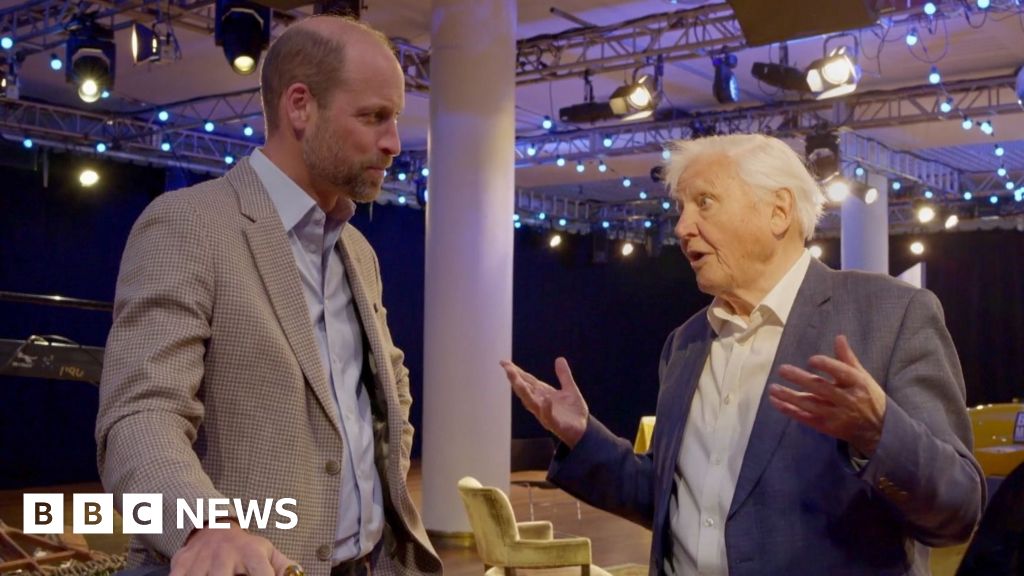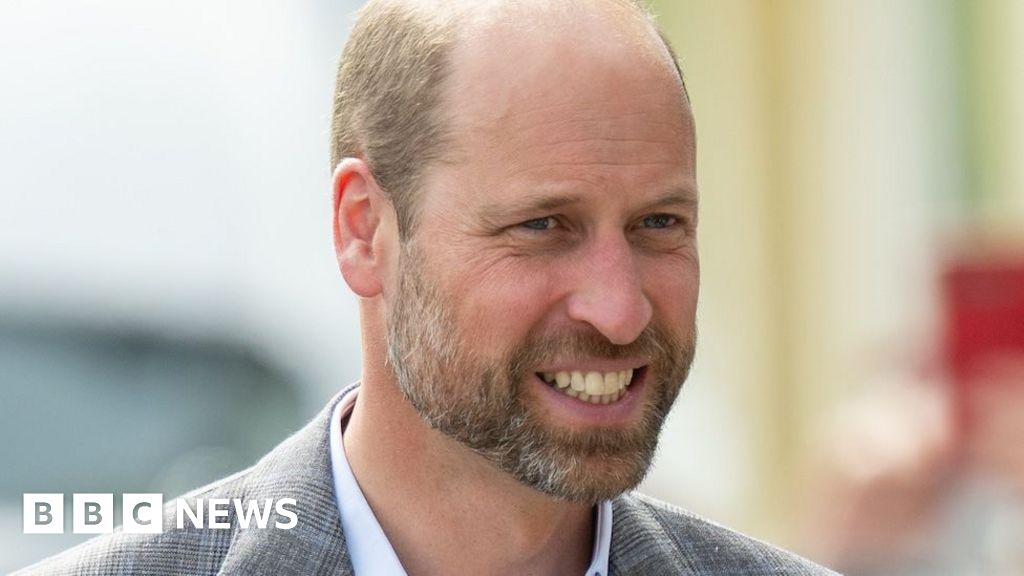ARTICLE AD BOX
Image source, Getty Images
The UK government is to say how it intends to achieve "net zero" by 2050.
This is a key target in trying to curb harmful greenhouse gas emissions and tackle climate change.
What is net zero?
Net zero means no longer adding to the total amount of greenhouse gases in the atmosphere.
Greenhouse gases are those such as carbon dioxide (CO2) which cause global warming by trapping the sun's energy.
Under the 2015 Paris Agreement, 197 countries agreed to try to limit temperature rises to below 1.5C to avoid the worst impacts of climate change.
Experts say that to achieve this target countries would need to reduce CO2 emissions to net zero by 2050.
How are greenhouse gases produced?
Carbon dioxide and other gases are emitted when we burn fossil fuels. Methane, another greenhouse gas, is produced through farming and landfill.
Rapid deforestation across the world has also meant there are fewer trees and plants which can absorb CO2.
Will net zero mean a complete end to CO2 emissions?
Not all emissions can be reduced to zero, so those that remain will have to be compensated for, or offset - for example, by planting more trees.
Almost every country has embarked on tree planting as a cheap way of reducing carbon, although there are questions over whether there's enough space for the number required.
Carbon capture and storage has also been suggested as a technological solution.
This involves using machinery to remove carbon from the air, then solidifying it and burying it underground.
However, the technology is still emerging, very expensive and as yet unproven.
What measures are needed to reach net zero?
It is not expected to be easy: to reach net zero, emissions from our homes, how we travel, and what we eat may all be affected.
It will involve moving from fossil fuels to renewable energy for our power, and abandoning vehicles run on petrol and diesel, in favour of those powered by electricity and hydrogen.
Gas central heating will need to be replaced by alternative sources, such as heat pumps.
How is the UK doing?
Boris Johnson recently announced that all UK energy would come from renewable sources by 2035, and more details of the government's net zero strategy is expected later.
- A ban on sales of new petrol and diesel cars by 2030
- Quadrupling the UK's offshore wind capacity by 2030
- Increasing the use of nuclear energy
- Investing in low-carbon hydrogen fuel
- Installing 600,000 heat pumps - which transfer heat from around a property into its heating system - a year by 2028
- Planting 30,000 hectares of trees a year by 2025
As part of its net zero promise, the government has a target to cut emissions by 78% by 2035, compared with 1990 levels.
The COP26 global climate summit in Glasgow in November is seen as crucial if climate change is to be brought under control. Almost 200 countries are being asked for their plans to cut emissions, and it could lead to major changes to our everyday lives.
What are other countries doing?
It's generally recognised that a global effort is needed to tackle climate change.
For this reason, net zero targets only make sense if every other country is moving in the same direction.
Although 132 countries have publicly pledged to reach net zero emissions before 2050, China - currently the biggest producer of CO2 in the world - says it is aiming for "carbon neutrality" by 2060, although it has not set out exactly what this means and how it will get there.
Some of the world's most heavily populated countries - including Russia, India, and Indonesia - have not given any net zero commitment.
What problems are there with net zero?
There's controversy about how some countries might try to reach net zero.
For instance, Country A might record lower emissions if it shuts down energy-intensive industries such as steel production.
But if Country A were then to import steel from Country B, it's effectively handed on its carbon emissions to Country B, rather than reduce the sum total of greenhouse gases.
There are schemes that enable rich countries to offset their emissions by paying poorer countries to switch to cleaner fuels.
However, these are seen by some as a way to avoid taking more action domestically.
And it's hard to say that initiatives funded to offset emissions elsewhere would not have happened anyway.

 3 years ago
154
3 years ago
154








 English (US) ·
English (US) ·